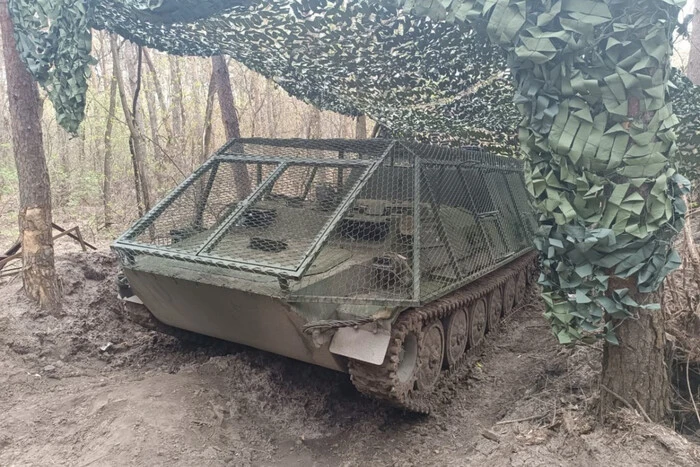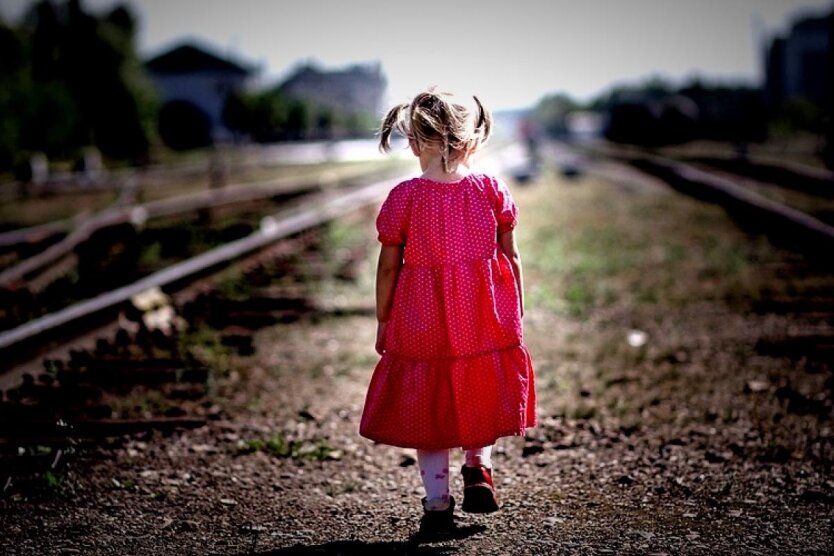The Steel Front launches production of armor for MT-LB armored vehicles.


Metinvest launches production of protective screens for military equipment
The company 'Metinvest' within the framework of the 'Steel Front' program of Rinat Akhmetov has started the production of protective screens for Soviet multipurpose tractors MT-LB, which are widely used at the front.
MT-LB vehicles are known for their light weight and maneuverability but have weak armor, making them effective targets for kamikaze drones. Therefore, the installation of special steel grids will help reduce losses from attacks.
'Protection from drones is very important today, so such a screen from FPV is very necessary,' noted press officer of the 110th Detached Brigade of Territorial Defense Andriy Bystryki.
The manufactured protective screens, developed in collaboration with the crews, have been adapted to the conditions of the front - easy to install, do not obstruct the view, and allow the vehicles to maneuver easily in difficult terrain.
Operational Director of the Metinvest Group Oleksandr Myronenko noted: 'Protective screens are a chance to survive after a drone attack, evacuate the crew, and deliver ammunition. In modern warfare, every chance is a matter of life.'
The 'Steel Front' initiative not only helps the Armed Forces of Ukraine but also contributes to the development of unique domestic production for the front, including steel 'hideouts', protective screens, and other necessary equipment.
It is important to note that the production and use of protective screens for military equipment can significantly enhance the safety of soldiers on the front lines and help prevent loss of life.
Read also
- Schoolchildren in Kyiv Help Clear Debris After Russian Strike (Video)
- Rain will retreat: Hydro-meteorological center pleased residents of Kyiv region with weather forecast
- Massive blackout in Spain on April 28: reason identified
- Poland notes GPS signal interruptions over the Baltic Sea: suspects Russia
- Rain and Cooling Coming to Ukraine
- Foster Care Works: 650 Children Remain in Families Instead of Orphanages










